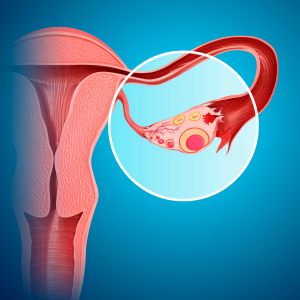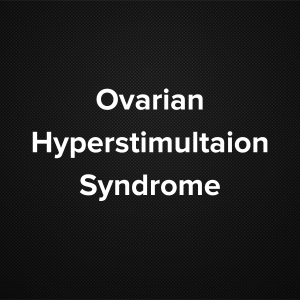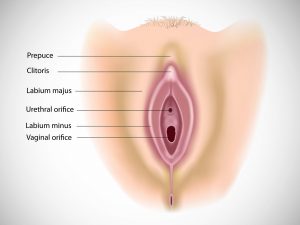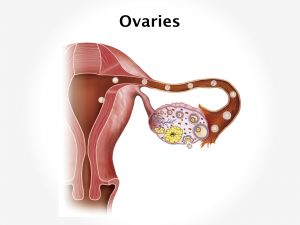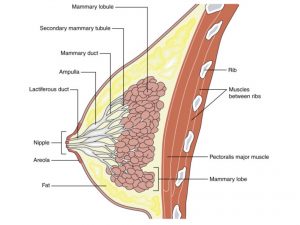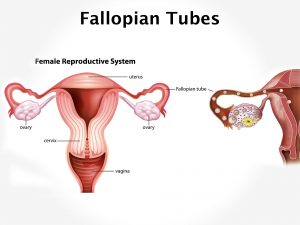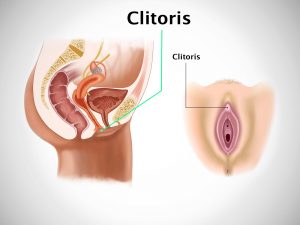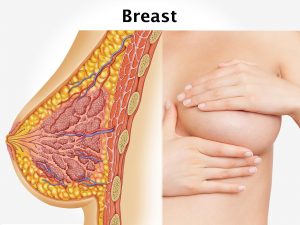Causes and risk factors
Generally amenorrhea is present before menarche, during pregnancy, during lactation and at menopause. Amenorrhea can occur due to stress, weight loss or excessive exercises. Hormonal imbalance due to certain underlying conditions like thyroid, PCOS pituitary ovarian axis can contribute to secondary amenorrhea. Use of contraceptive medications is one of the commonest causes. Amenorrhea can also occur as an effect of withdrawal of combined oral contraceptive pills. Use of anti psychotic drugs for long time leads to amenorrhea. Certain constitutional and anatomical defects of reproductive canal i.e: uterus, ovaries, cervix and vagina may be cause for amenorrhea.
Clinical presentation:
The name as suggest women presents with no menses or missed menstrual cycles which may be more than three months. Along with this the women may complaint of abdominal discomfort, bloating sensation, irritability etc depending upon the underlying cause.
Investigations:
Diagnosis is done of the basis of the symptoms narrated by the patient and the physical examination of pelvis is carried out by the doctor.
In order to confirm the diagnosis certain investigations can be advised.
Pregnancy test is the first essential investigations advised in married women to rule out pregnancy. The other tests which can be advised are thyroid test, ovary function test, and complete hormonal profile routine blood test top rule out anemia. Ultrasonogarphy of abdomen and pelvis and in certain cases hysteroscopy to view the inside of uterus.
Treatment:
In cases where amenorrhea is due to the underlying diseases. Correction of the underlying cause must be done first. Medical treatment involves giving hormonal therapy, hormonal replacement therapy, and oral contraceptive to initiate withdrawal bleeding. Medications are advised for disease of the thyroid or pituitary gland.
In cases of obesity weight loss is suggested. Those who are underweight or have under gone a major weight loss are suggested to gain weight and stop excess of exercises. Counseling is preferable in cases of emotional distress Adoption of a healthy lifestyle and intake of a balance diet should be implemented.
Other Modes of treatment:
Certain other modes of treatment can also be helpful in coping up the disease. Taking into consideration the symptoms in holistic way, homoeopathy can offer a good aid for the relief of the symptoms. The Ayurvedic system of medicine which uses herbs and synthetic derivates can also be beneficial in combating the complaints. Certain yoga exercises can also be helpful in maintaining a healthy menstrual cycle.
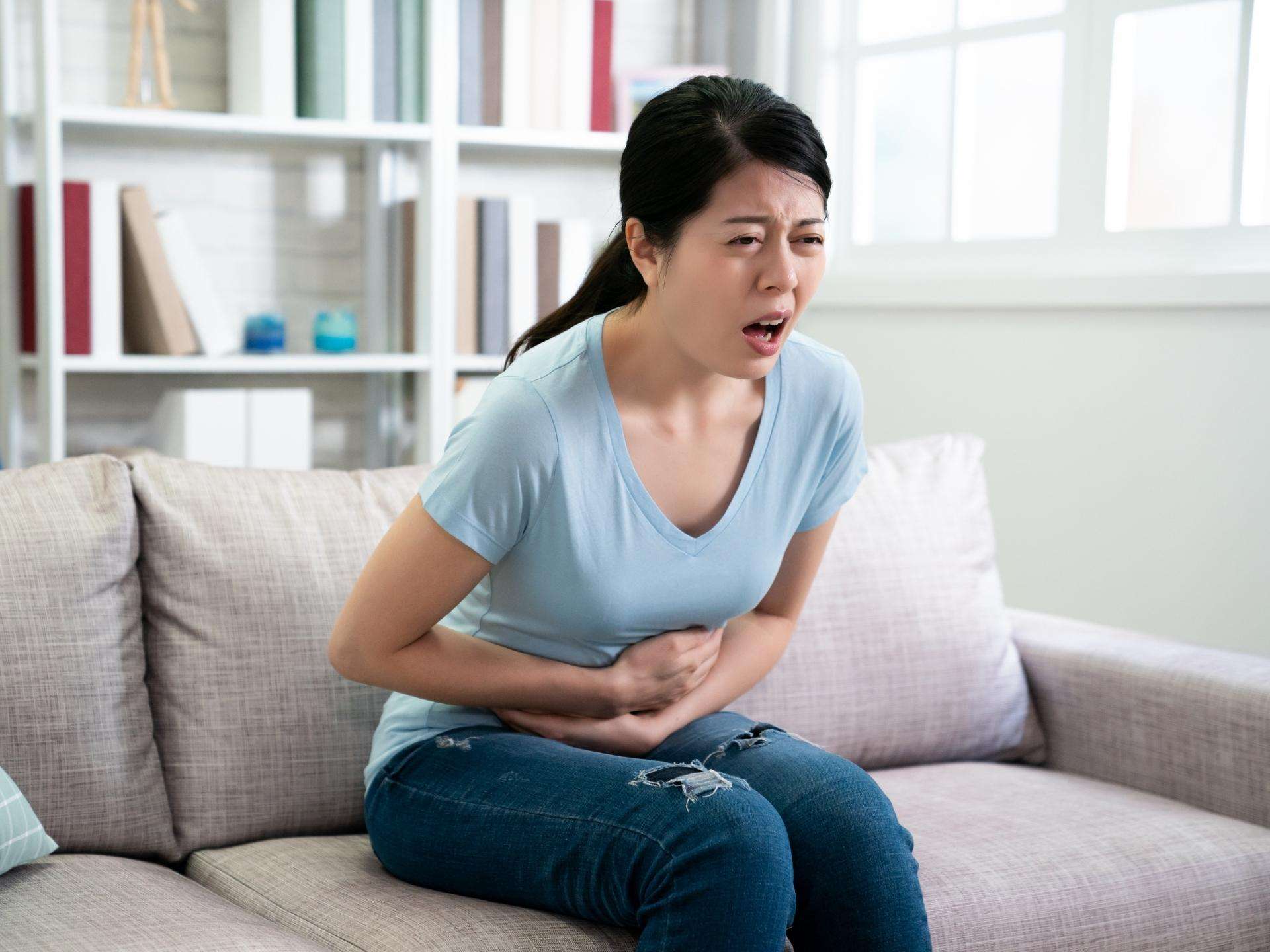
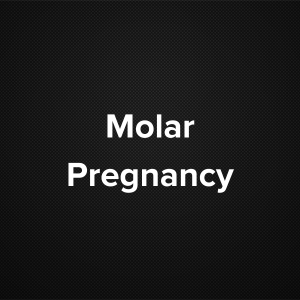


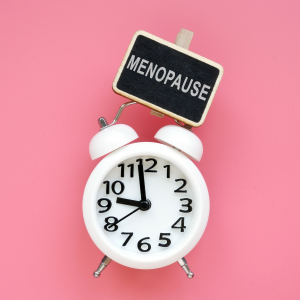
![Lobular Carcinoma In Situ [LCIS]](https://moho.loopshell.com/read/wp-content/uploads/2022/01/Lobular-Carcinoma-In-Situ-Lcis-300x300.png)


